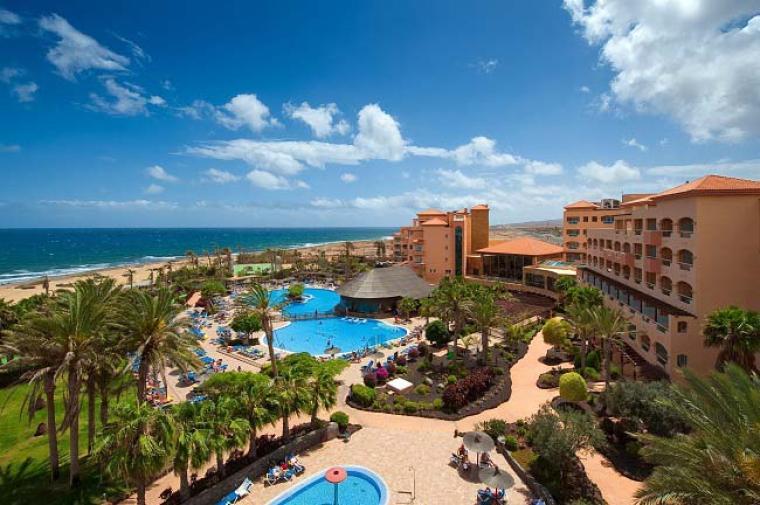An increase in the all-inclusive hotel offer in Spain in recent years is evident, but what does the “all-inclusive” concept include?
In Spain, hotels are increasingly offering their visitors the “all-inclusive” formula, a better way to control your average spending while on holiday. On the Canary Islands, 30% of tourists stay in hotels with this offer, according to data from 2016, while on the Peninsula and Balearic Islands, this type of growth hasn’t been quite as fast. Let's look at what it means to stay in an all-inclusive hotel.
What is the “all-inclusive” concept?
The “all-inclusive” concept is a variant on a full-board stay. It originated on the idyllic islands of the Caribbean, where hotels are destinations in themselves, offering guests any imaginable comfort and a wide range of food and drinks.
This type of accommodation is a double guarantee for the tourist: a hotel product with high-quality standards and the security of having a fixed price. Therefore, you don’t have to worry about incurring excessive expenses and can focus on enjoying your stay.
The all-inclusive symbol is a little bracelet, which allows guests unlimited access to multiple hotel services.
What is included in the “all-inclusive” concept?
This variant of full-board includes accommodation, all meals and drinks from the buffet and other drinks from the cafe when desired, without incurring a higher cost than the price of your stay. On the other hand, some hotels have supplements for certain expensive alcoholic beverages.
Evolution of the “all-inclusive” concept in Spain
The all-inclusive concept was born as a way to revitalise the arrival of foreign tourists, but has also become a good formula to attract domestic tourists. Its success is mainly due to charging the entire stay at a fixed cost, while maintaining the quality of the services and, of course, the leisure offer at the hotel.


